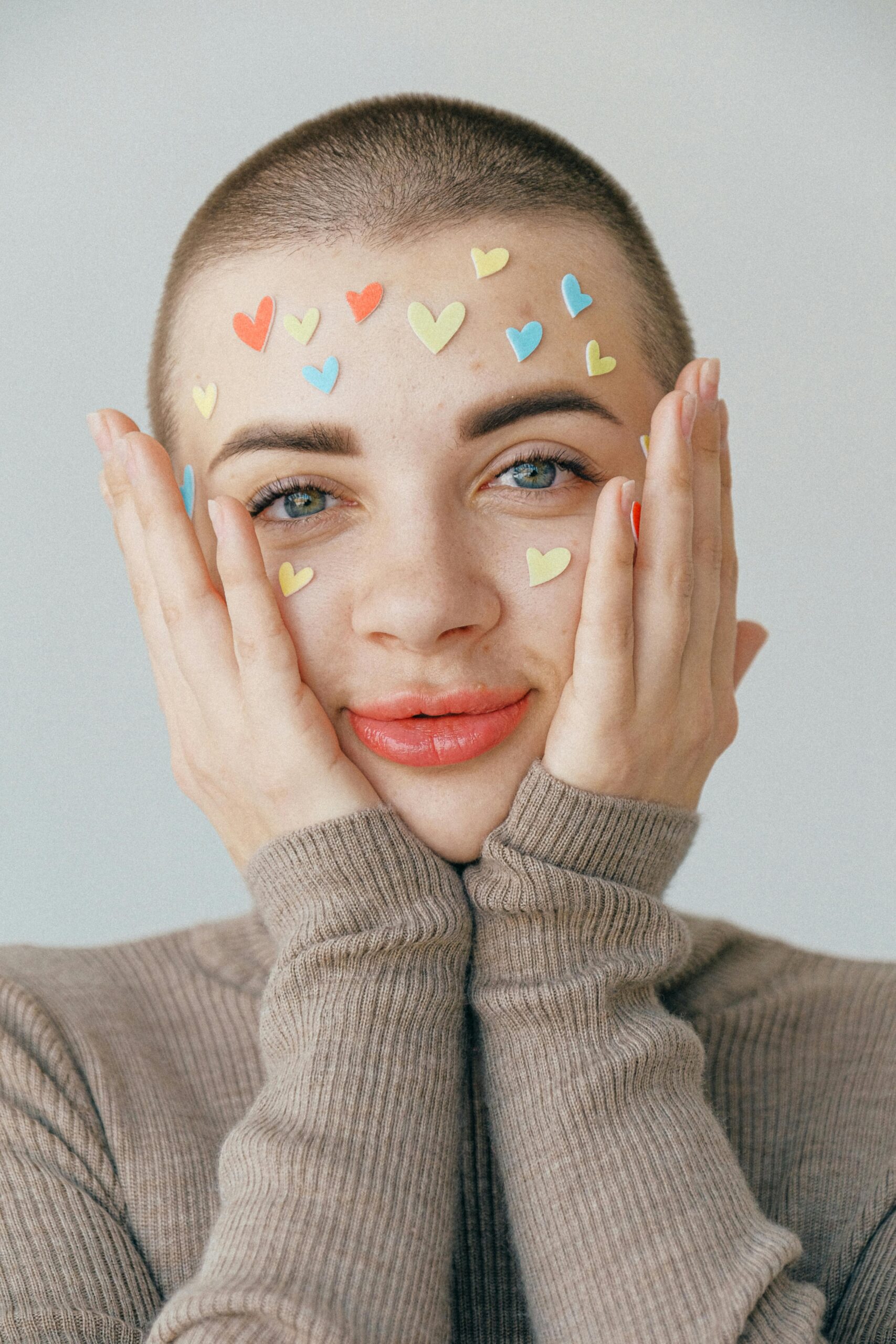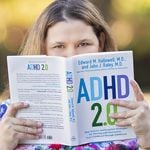For a long time, autism and ADHD were seen as things that mostly affected boys. Because of that, so many women grew up wondering why life felt harder for them—why they felt different, overwhelmed, or like they were constantly trying to keep up. It turns out, they weren’t struggling because they were “lazy” or “too sensitive”—they were neurodivergent, but no one noticed.
Masking: The Art of Fitting In (at a Cost)
A lot of neurodivergent women become experts at masking—basically, copying social behaviors to blend in. They learn how to make eye contact (even if it feels unnatural), force themselves to chat in groups (even when it’s exhausting), and stay on top of life’s demands (while secretly feeling like they’re drowning). The problem? Masking is exhausting and can lead to burnout, anxiety, and even identity struggles.
Misdiagnosis and Feeling “Too Much”
Instead of being recognized as autistic or having ADHD, many women get told they have anxiety, depression, or even personality disorders. And while some of those diagnoses might be accurate, they don’t always explain the full picture. The real issue—things like sensory overload, executive dysfunction, or struggling with unspoken social rules—often gets missed.
The Problem with Old-School Research
Most autism and ADHD research was done on young boys, meaning the “classic” signs of these conditions don’t always match how they show up in women. For example, ADHD in girls can look less like bouncing off the walls and more like being a daydreamer who struggles with focus. Autism might show up as being deeply passionate about certain interests while also feeling socially drained. Because of this, so many women slip through the cracks for years—sometimes even decades.
Getting Diagnosed as an Adult: A Mix of Relief and Frustration
For women who finally get a diagnosis later in life, it can feel like a huge weight lifted—finally, an explanation for why things have always felt different. But it can also bring grief—for the years spent struggling, the unnecessary self-blame, and the support that should have been there all along.
A Better Future for Neurodivergent Women
The good news? Things are changing. More women are sharing their stories, and awareness is growing. The hope is that future generations won’t have to wait so long for answers. If you’re wondering whether you might be neurodivergent, know that you’re not alone—there’s a whole community out here learning, unmasking, and embracing who they truly are. 💜






